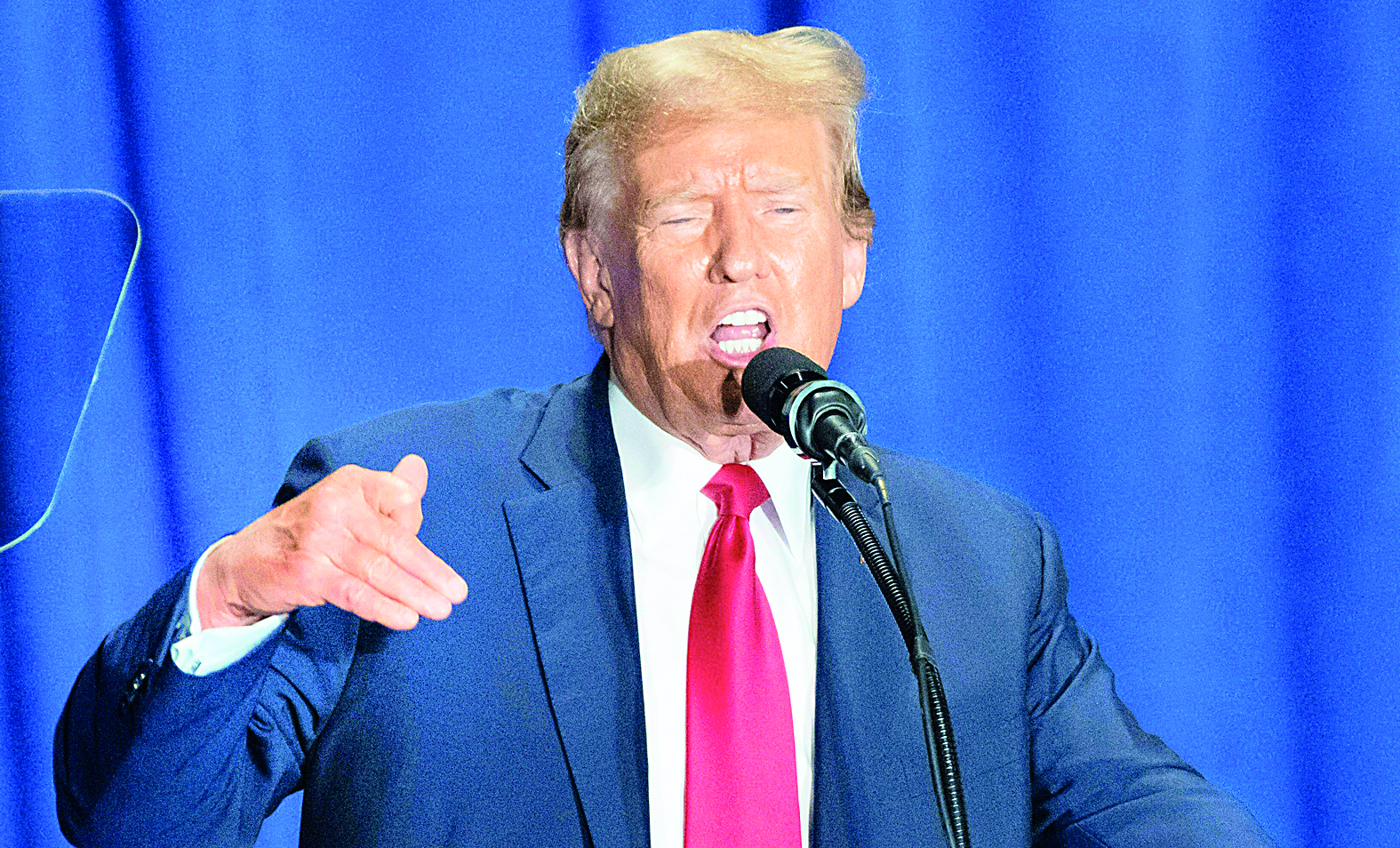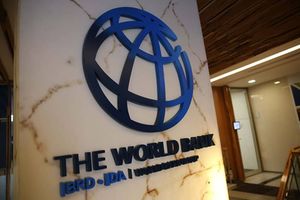Selected economic views of Mwalimu Julius Nyerere

Tanzania’s Father of the Nation Julius Nyerere speaks during a past meeting. Photo | FILE
Tanzania celebrates Nyerere Day on October 14 of the year. This founding father of the nation had various known views on a number of issues including in the political, social and economic spaces. As part of celebrating the great life of Mwalimu this year, this piece outlines some of his economic views some of which are as relevant today as they were then. All his views remain to be great lessons for this and many generations to come in Tanzania and beyond.
Ownership of the economy
Among the defining characteristics of Mwalimu on the ownership of the economy is his Ujamaa policy that came with the Arusha Declaration in 1967.
He believed on national ownership of the major means of production. No wonder then there was nationalisation in 1967. There was state controlled and centrally planned economy with monopolistic market structure dominated by State-Owned Enterprises (SOEs).
The private sector and private ownership of property was sidelined. The state engaged directly in ownership and management of the economy.
After Nyerere’s presidency, Tanzania took a U-turn in the mid-1980s on a number of issues including ownership of the economy.
What was nationalised in 1967 was privatised in the mid-1980s and early 1990s. Given Nerere’s great understanding of changing global and domestic situation and the fact that he was still very influential and moral authority even after his tenure as president, he probably endorsed the U-turn in a way.
Self-reliance
Mwalimu had strong views on economic self-reliance. At the individual level he believed that each has to be self-sufficient in key issues such as food.
At national level his views were that of national economic self-reliance. His views of economic self-reliance took the form of economic independence at continental.
He was of the view that political independence alone was not enough without economic one. He would insist on domestic production of goods and services for economic self-reliance. He would insist on domestic resources mobilisation in form of taxes so as to avoid donor dependence.
Industrialisation
Mwalimu believed on industrialization. Several development plans in his time had industrialization as part of his priorities. This can be seen in his several Five-Year Development Plans from 1964 to 1974 and in the 1967 Arusha Declaration. He believed in small scale basic industries.
He believed on agro-processing industrialisation given the country’s competitive advantage in such industries. Mwalimu’s views were also on labour intensive industrialisation for jobs creation but also due to limited high technology for capital intensive industrialisation.
Mwalimu believed in import substitution industrialisation (ISI). ISI would save foreign currency and contribute in jobs creation. What is needed is domestic production of competitive industrial goods that meet purchasing power as well as taste and preferences of domestic consumers.
Mwalimu’s views on industrialization provide very strong lessons in today’s industrialisation drive. His views should be constructively interrogated to give the badly needed inputs in the very good contemporary industrialisation agenda.
Protecting domestic producers
Mwalimu is known to be a believer of economic protectionism. In line with the broad and general economic schools of thoughts of protecting infant industries, Mwalimu wanted domestic African producers in all sectors of the economy to be protected and shielded against competition from multinationals.
Reading the late Ali Mufuruki et al’s volume on the forty years of industrialization in Tanzania one comes across Nyerere’s views on protecting infant domestic industry. He would not support boxers in the heavyweight category to be in the same fighting ring with those in the lightweight category.
Domestic producers need to be nurtured and protected until when they are able to fairly compete. Mwalimu would call for state protection of domestic producers using various fiscal policy instruments including taxation and subsidies.
Good as it is supposed to be, it has to be noted that protection of inefficient producers who will never graduate protection notwithstanding is economically unhealthy. We should avoid protecting inefficiencies. Mwalimu added his voice on protecting African small scale farmers in forms and shapes of subsidies.
His views subscribed to the schools of thought that believe that if developed countries are subsidizing their farmers, then the less developed ones including Tanzania must do the same and correctly so.
Similar to Mzee Mkapa, Mwalimu would have most probably opposed the Economic Partnership Agreements between the European Union and the East African Community in fear of unfair competition if EU’s imports floodgates were to be opened.





